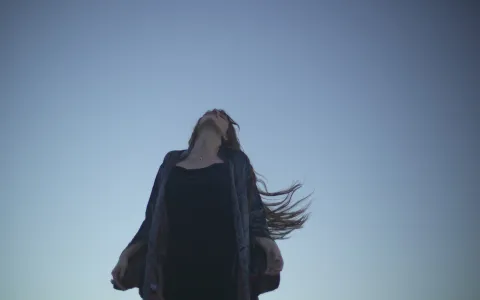Kyria Libia
Rapture is the word Saint Teresa of Jesus used to describe the mystical experience of ecstasy, the union of the soul and the divine.
This musical project sets out to create a prayer that leads to a collective state of ecstasy, a prayer outside of dogma, a response to the political and spiritual needs of postmodern individuals to reconnect with the sacred, a prayer that reveals the need to transcend as individuals in a community.
Through her research into mystical texts and Christian religious music, Kyria Libia seeks to go beyond pipe organs and to delve into the liturgical and sacred universe of western music, connecting it to elements of eastern sacred music found in today’s experimental electronica. Rapture is conceived as a contemporary liturgy that seeks to open new avenues between sacred music and experimental electronica.
Biography
Kyria Libia (Madrid, 1992) is a composer of experimental sacred music. She holds a BA in Art History from the UCM and a Diploma in Jazz Piano and Modern Music Performance from the Advanced School of Creative Music. Released in 2025 on the Nuova Materia label, her first album of experimental pipe organ music, Visions of the Sublime, was reviewed by Daryl Worthington in Spool's Out for The Quietus magazine.
Her music has been played on Camp Radio France and she has hosted the programme Trama XV on LYL Radio. She played a pipe organ in a musical scene in Yerai Cortés’ film The Flamenco Guitar (2024) and composed the soundtrack for the short film Zahra (2025) by Palestinian director Hadi Shatat.
Kyria Libia is a recipient of a Musical Production Residency for Electronic Music Projects (2025).

